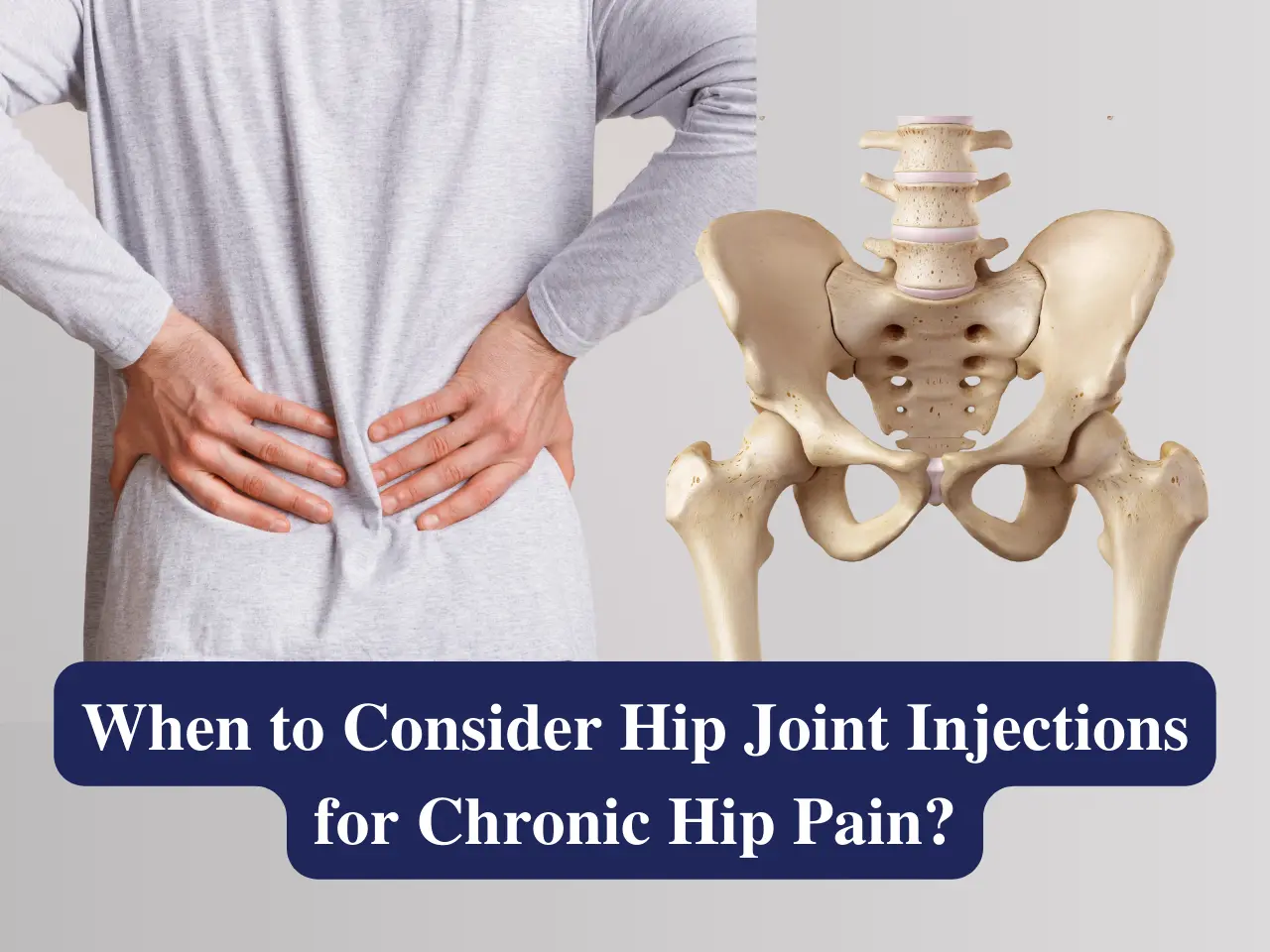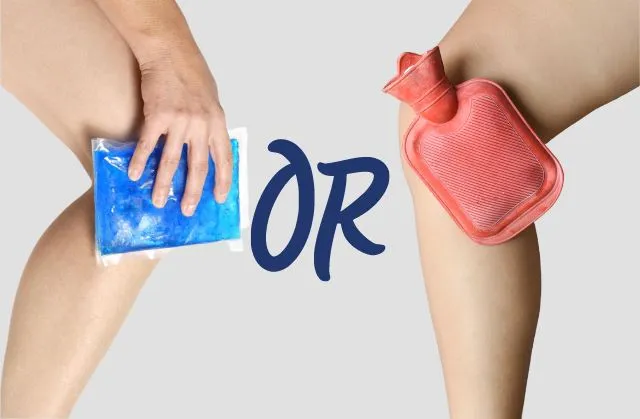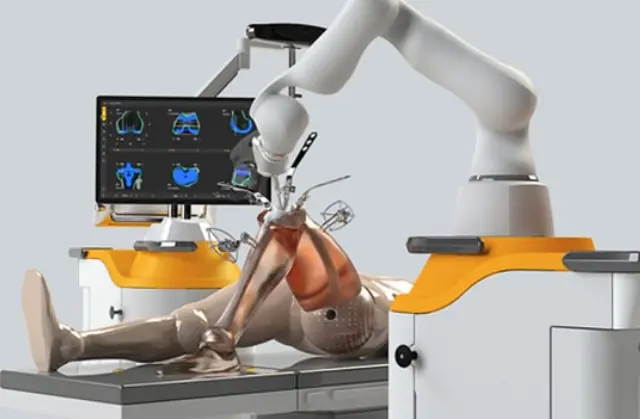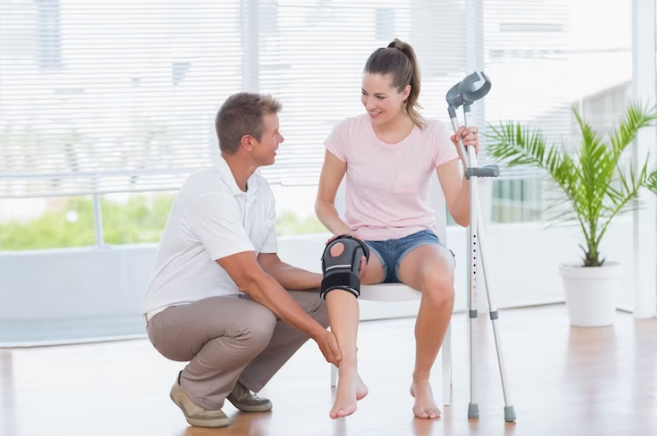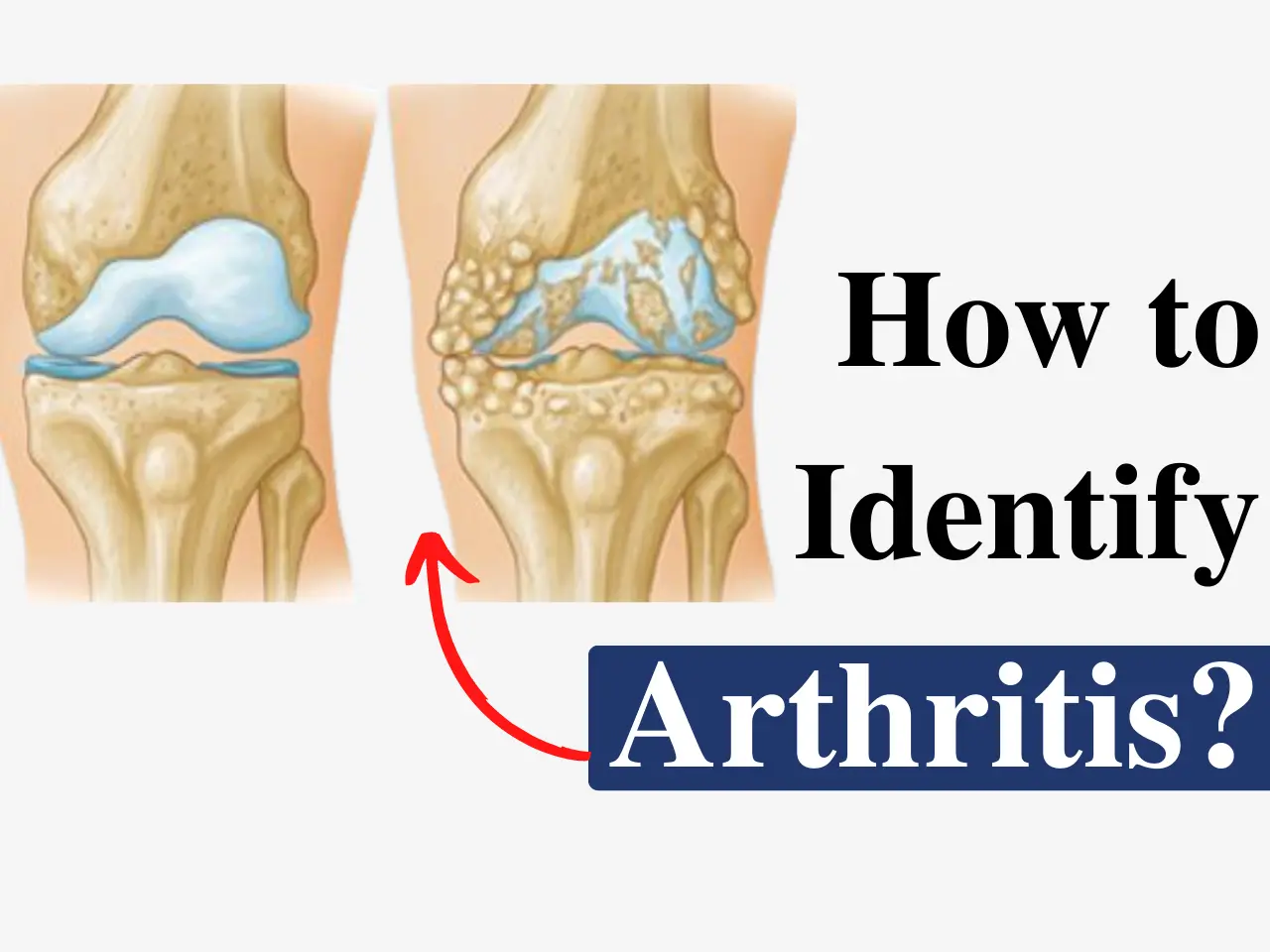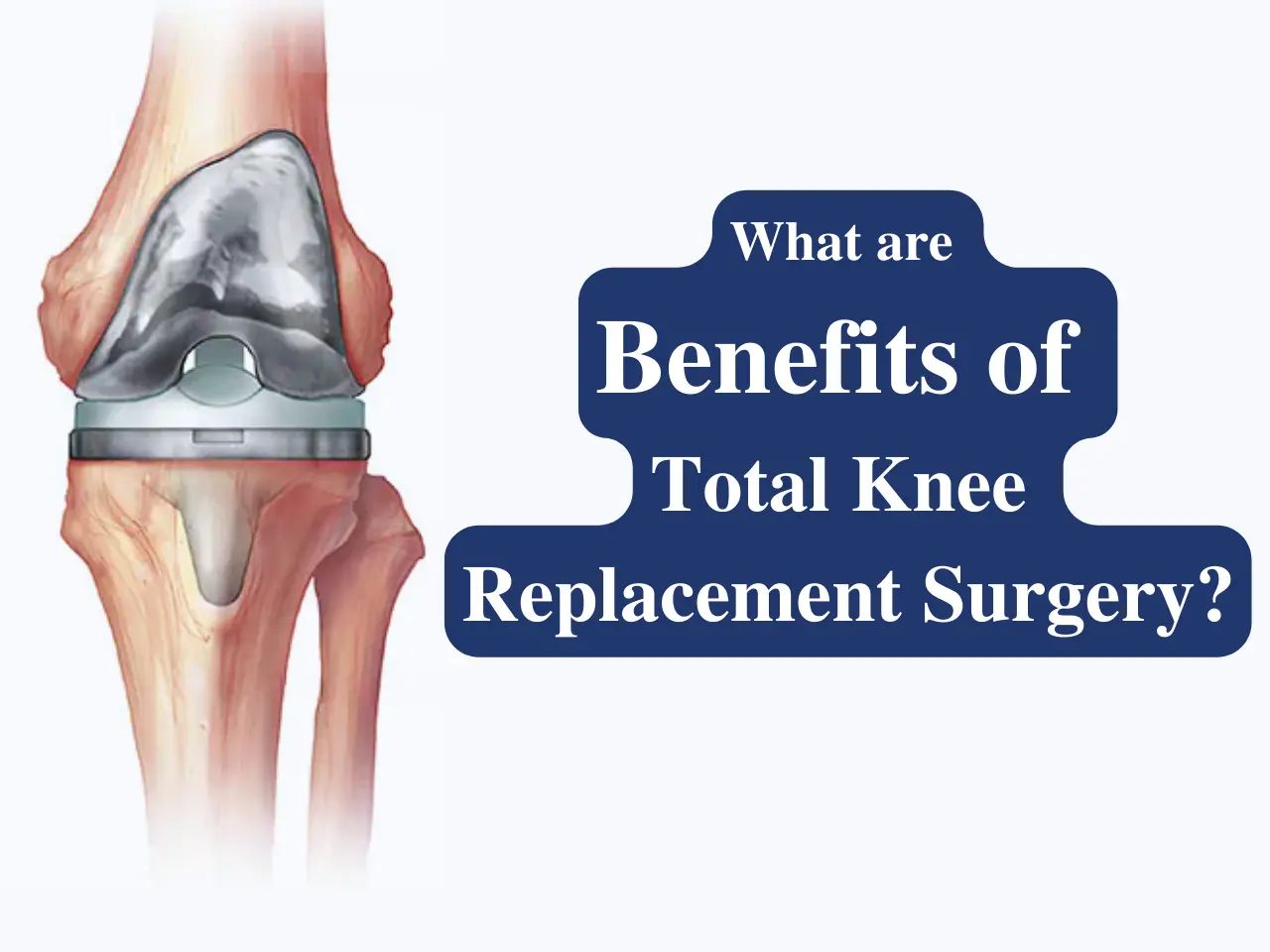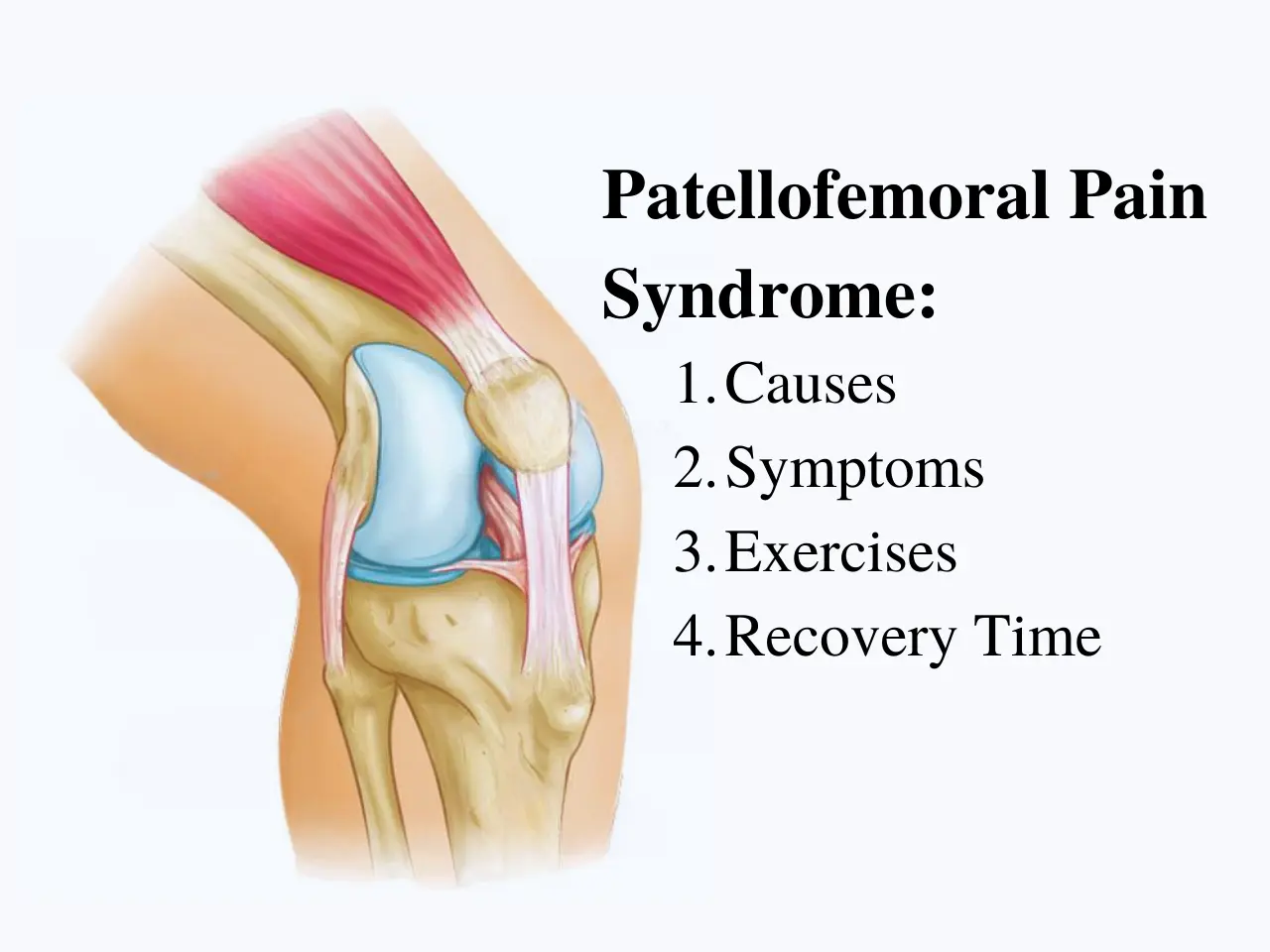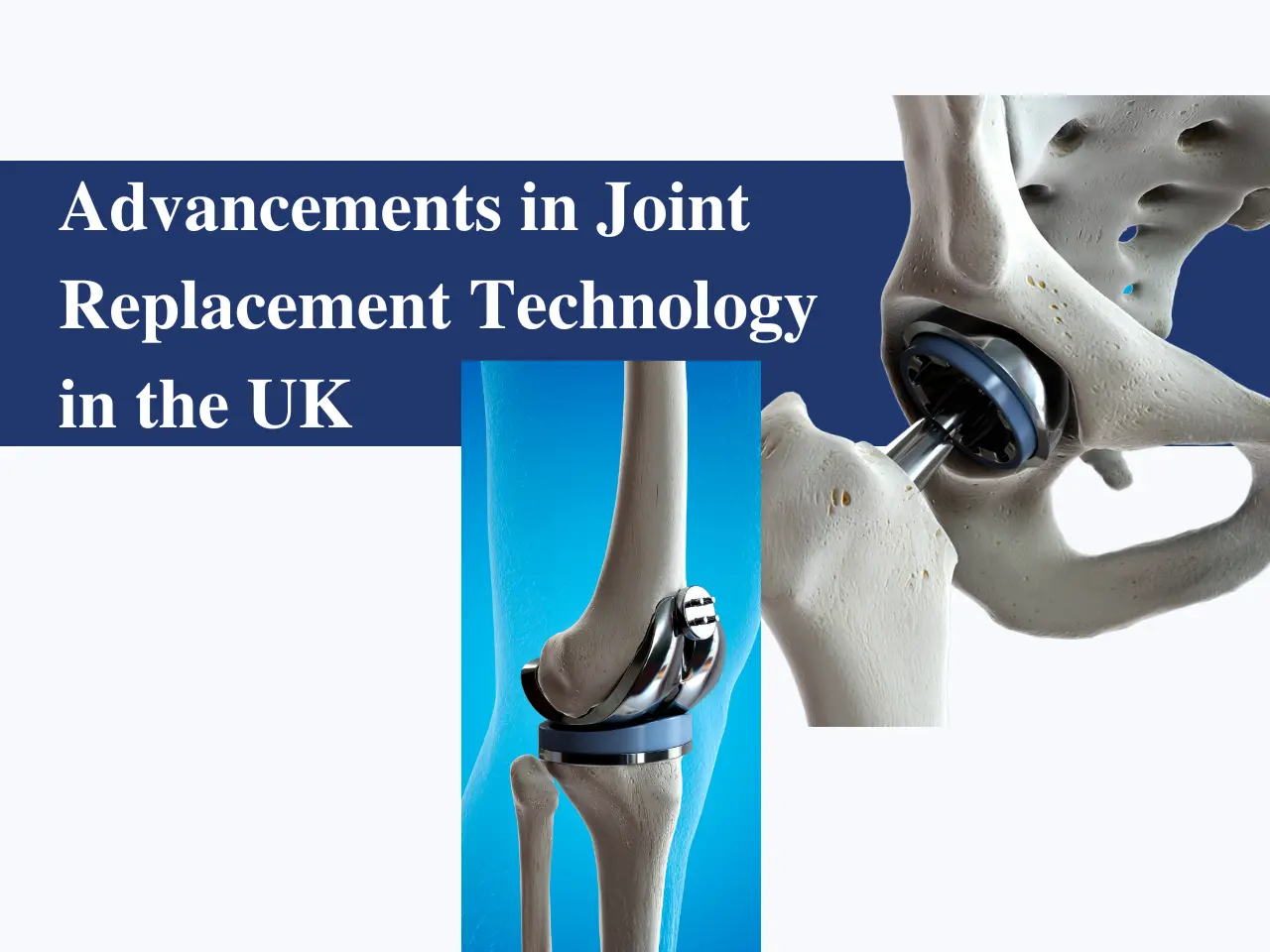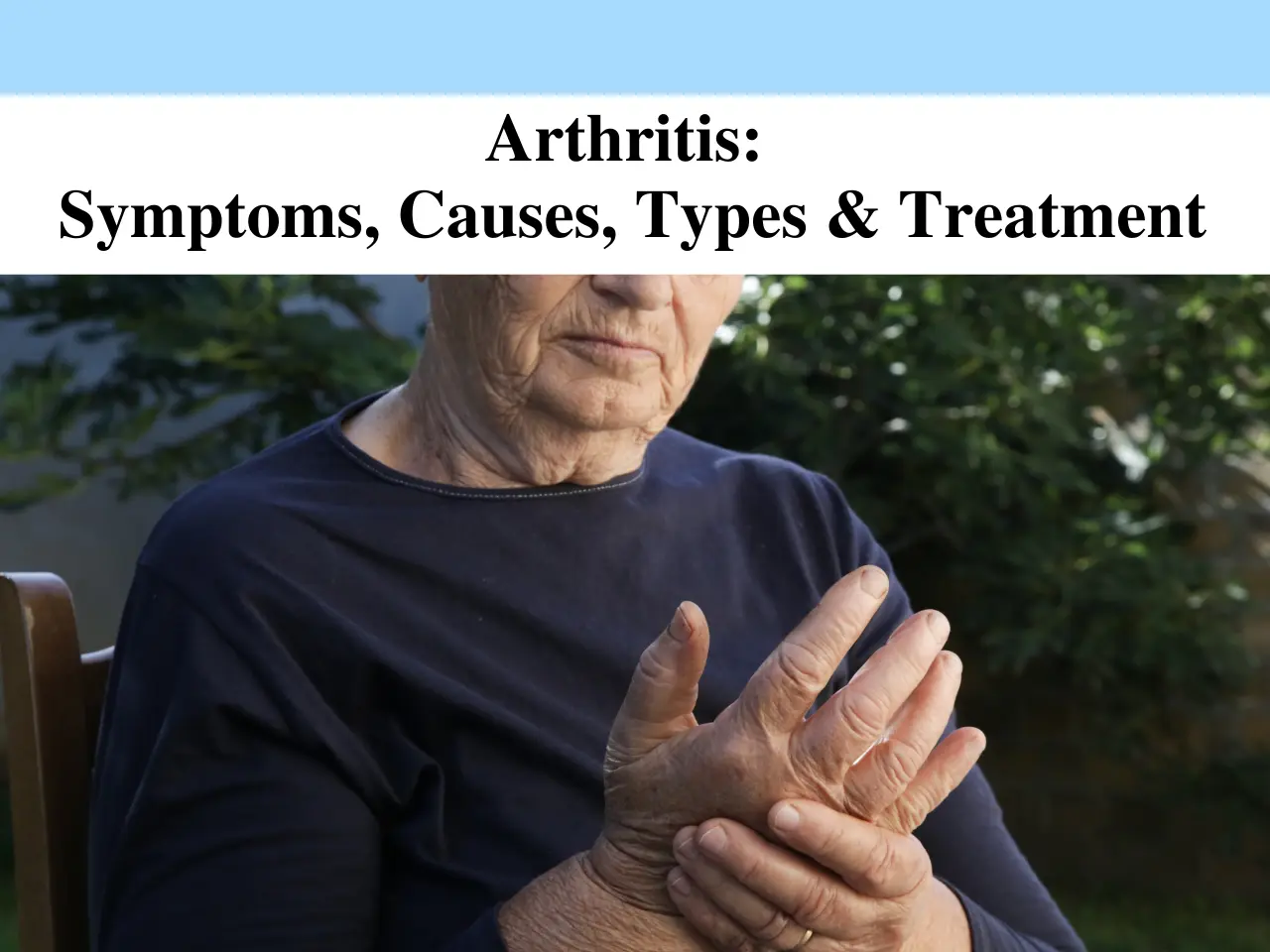Exploring Hip Joint Injections: Is It Time to Relieve Chronic Hip Pain?
Chronic hip pain can be a Life draining condition, significantly affecting one’s quality of life. Fortunately, there are treatment options available to alleviate this pain. One such option is hip joint injections for chronic hip pain relief.
In this guide, we will explore when it’s appropriate to consider hip joint injections as a viable solution. If you’re seeking relief from hip pain, understanding this treatment option is crucial.
Understanding Chronic Hip Pain
Chronic hip pain is a persistent discomfort in the hip region that lasts for an extended period, typically more than three months. It can significantly affect one’s quality of life, mobility, and daily activities.
To effectively address chronic hip pain, it’s essential to understand its causes, symptoms, and potential treatment options.
Causes of Chronic Hip Pain:
- Osteoarthritis: This degenerative joint disease occurs when the protective cartilage that cushions the ends of bones in the hip joint deteriorates over time, leading to pain, stiffness, and reduced joint function.
- Rheumatoid Arthritis: An autoimmune disease that can affect multiple joints, including the hips, causing inflammation, pain, and joint damage.
- Bursitis: Inflammation of the bursae, small fluid-filled sacs that cushion the hip joint, leading to pain and limited mobility.
- Labral Tears: Damage to the labrum, a ring of cartilage that surrounds the hip socket, can result from injury or wear and tear, causing pain and instability.
- Hip Fractures: A broken hip, often due to falls or trauma, can lead to chronic pain, especially in older adults.
- Tendinitis: Inflammation of the tendons around the hip joint, such as the iliopsoas tendon, can cause persistent pain.
- Hip Impingement: Abnormalities in the hip joint’s structure can lead to friction, pain, and cartilage damage.
- Nerve Compression: Conditions like sciatica can radiate pain from the lower back down to the hip.
Symptoms of Chronic Hip Pain:
Symptoms of chronic hip pain can vary depending on the underlying cause but may include:
- Persistent pain in the hip joint or groin area.
- Limited range of motion and stiffness.
- Discomfort while walking, standing, or sitting.
- Pain that worsens with physical activity.
- Radiating pain down the thigh or into the lower back.
- Difficulty sleeping due to hip discomfort.
- Swelling or tenderness in the hip region.
Diagnosis and Treatment:
To effectively manage chronic hip pain, a proper diagnosis is crucial. This typically involves a thorough medical history assessment, a physical examination, and imaging tests such as X-rays, MRIs, or CT scans.
Blood tests may also be conducted to rule out systemic conditions like rheumatoid arthritis.
Once the cause of chronic hip pain is identified, treatment options can be explored:
- Conservative Treatments: These may include physical therapy, pain medications, lifestyle modifications, and assistive devices like canes or braces.
- Injections: Hip joint injections, including corticosteroids, hyaluronic acid, or platelet-rich plasma (PRP), can provide targeted pain relief and reduce inflammation.
- Surgical Interventions: In cases where conservative measures fail, surgery may be necessary. Options may include hip arthroscopy, hip resurfacing, or total hip replacement.
- Lifestyle Modifications: Maintaining a healthy weight, engaging in low-impact exercises, and using proper ergonomics can help manage chronic hip pain.
Chronic hip pain should not be ignored, as early diagnosis and intervention can prevent further joint damage and improve overall quality of life.
If you or someone you know is experiencing chronic hip pain, consult a healthcare professional for a thorough evaluation and personalized treatment plan.
Indications for Hip Joint Injections:
- Pain That Persists Despite Conservative Treatments: If your hip pain persists despite attempting non-invasive treatments such as physical therapy or pain medications, hip joint injections may be considered.
- Diagnostic Tool: In some cases, hip joint injections can serve as both a diagnostic tool and a therapeutic intervention, helping healthcare providers pinpoint the source of your pain.
- Preparation for Surgery: For individuals planning hip surgery, these injections may be used to manage pain leading up to the procedure.
- Managing Pain in Non-Surgical Candidates: Hip joint injections can be a valuable option for those who are not suitable candidates for surgery due to various reasons.
The Consultation Process
1-Finding a Specialist: Seek out a hip joint injection specialist with expertise in managing hip pain.
2-Initial Evaluation: During your first consultation, Mr. Nikhil Pradhan, a renowned expert in hip joint injections, will conduct a thorough evaluation of your hip pain and medical history.
3-Medical History and Diagnostic Tests: You’ll discuss your medical history, and diagnostic tests, such as X-rays or MRI scans, may be recommended to assess the extent of hip damage.
4-Discussion of Treatment Options: Mr. Nikhil Pradhan, with extensive experience in hip joint injections, will discuss various treatment options, including hip joint injections, and help you make an informed decision.
When to Consider Hip Joint Injections?
- Pain Severity and Duration: Consider hip joint injections if you are experiencing severe and long-lasting hip pain that affects your daily life.
- Impact on Daily Activities: If your hip pain limits your ability to perform daily activities or enjoy hobbies, hip joint injections may provide relief.
- Failed Conservative Treatments: When conservative treatments have failed to provide adequate relief, it may be time to explore hip joint injections.
- Surgical Considerations: For individuals preparing for hip surgery, hip joint injections can be a valuable part of the treatment plan.
- Patient Preferences and Goals: Mr. Nikhil Pradhan understands that your personal preferences and goals for pain management play a significant role in determining whether hip joint injections are right for you.
Benefits and Risks:
Potential Benefits of Hip Joint Injections: These injections offer targeted pain relief, potentially reducing the need for pain medications and improving overall quality of life.
Common Side Effects: While generally safe, hip joint injections can have minor side effects, such as temporary pain at the injection site.
Risks and Complications: Although rare, serious complications, such as infection or nerve damage, should be discussed with Mr. Nikhil Pradhan, your trusted healthcare provider.
Discussing Risks with the Healthcare Provider: Mr. Nikhil Pradhan emphasizes open and honest discussions with your healthcare provider about the risks and benefits of hip joint injections.
The Hip Joint Injection Procedure
- Pre-Procedure Preparation: Proper preparation, including sterile techniques, is crucial to minimize the risk of infection.
- The Injection Process: During the procedure, Mr. Nikhil Pradhan, a skilled specialist, will precisely administer the injection into the targeted area of the hip joint.
- Post-Procedure Care and Monitoring: You will receive instructions on post-procedure care and monitoring for any potential side effects.
- What to Expect in Terms of Pain Relief: While relief may not be immediate, hip joint injections can provide significant pain relief over time.
Conclusion:
In conclusion, chronic hip pain can be a significant burden, but there are effective treatment options available, including hip joint injections.
Understanding when to consider this option, along with its benefits and risks, is essential in making informed decisions about your hip pain management.
If you’re in search of a Hip Joint Injection surgeon in Cheshire, consider consulting with Mr. Nikhil Pradhan, a trusted expert who can help alleviate your chronic hip pain.

